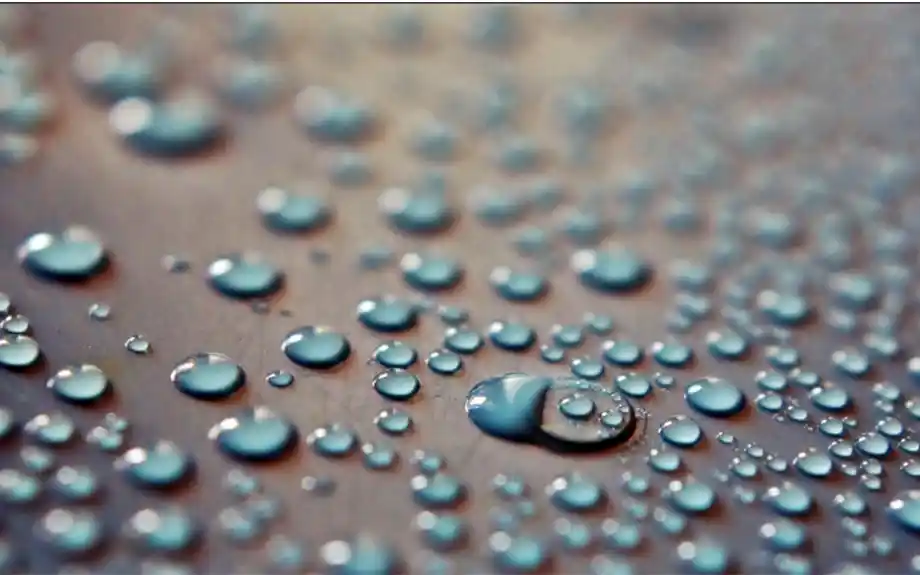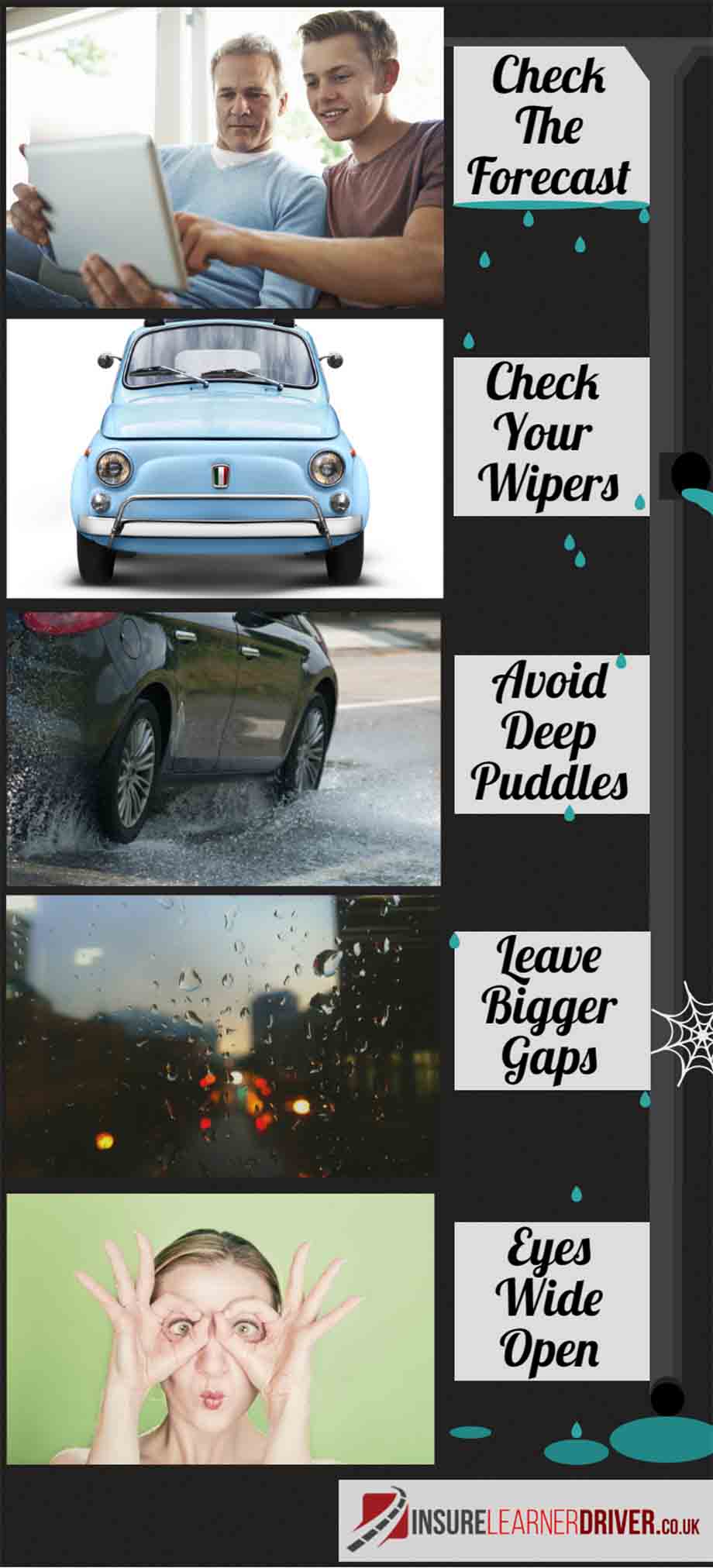How To Prepare For A Rainy Day Driving Test
Mar 28 2022 3:57PM
It's test day, you look out the window and it's raining. In the UK, even though it's currently Summer, this is always a possibility. However, there's no need to panic, as IAM road smart have listed the best ways for drivers to prepare for driving in the rain. Use these principles before heading off to your test and you should be good to go when you arrive. 
Check The Forecast
Before leaving the house, be sure to check the weather forecast to know if the rain is likely to persist throughout your driving test.
Check Your Wipers
If the rain is particularly heavy, you are going to need to make sure your windscreen wipers are working and working well. If damaged, wipers may not clear the water as well as they normally would, impacting your ability to see.
Avoid Deep Puddles
Heavy rain can cause road flooding and/or deep puddles. Avoid driving through puddles wherever possible, as water that gets into the car's mechanics can damage it. If you have no choice but to enter a puddle, do so in the shallowest section possible. Consult with your examiner whether or not it is OK to continue onward through a puddle or if it is necessary to locate an alternative route. If they ask you to continue, it is important that you do not stop in the water. Wait until you are clear to proceed the entire way through the water, then accelerate gently and continuously (keep to about 4-5 MPH) until you are out the other side.
Leave Bigger Gaps
Your stopping distance increases in rainy conditions. So make sure to leave a bigger gap than normal between you and the car in front. As the saying goes, "Only a fool breaks the two-second rule." In rainy weather the recommendation is four-seconds, and six-seconds for icy conditions. Additionally, if there are high winds, this may effect your control over the vehicle. So be careful when passing another vehicle at higher speeds.
Eyes Wide Open
Rainy weather usually means lower visibility. Rain water may be obscuring your view and dark clouds will result in lower light levels. Be very vigilant and keep your eyes peeled for obstructions.

